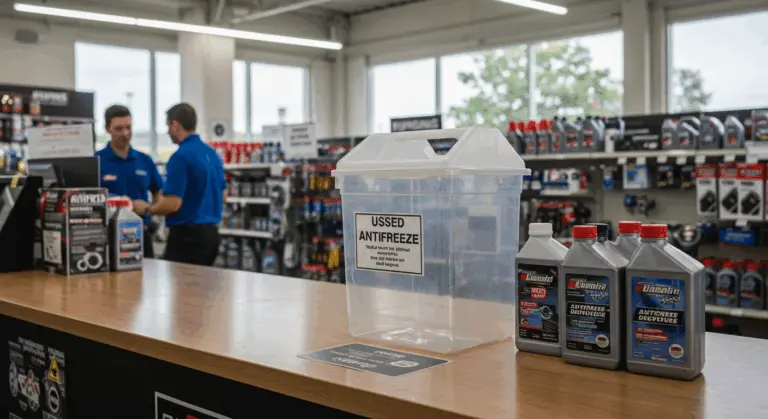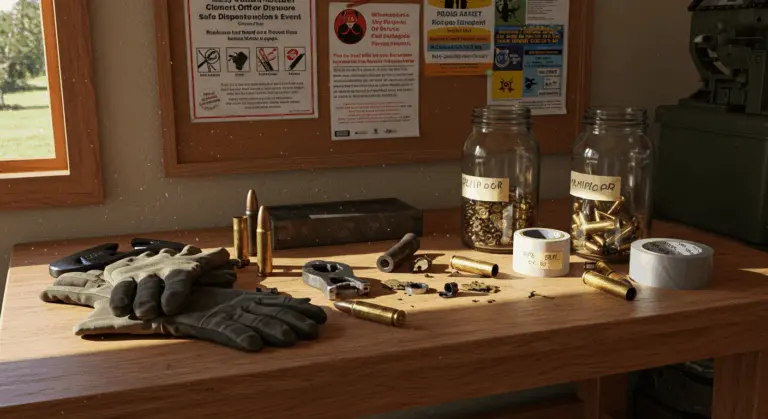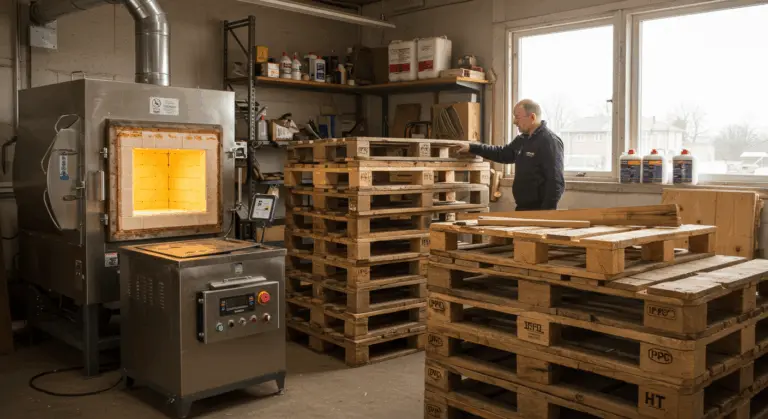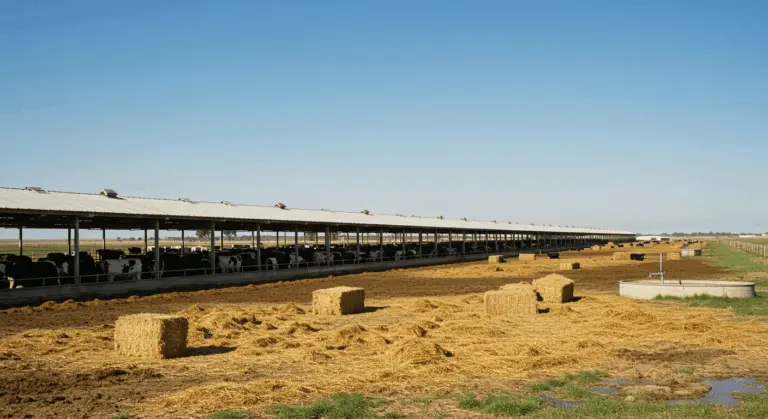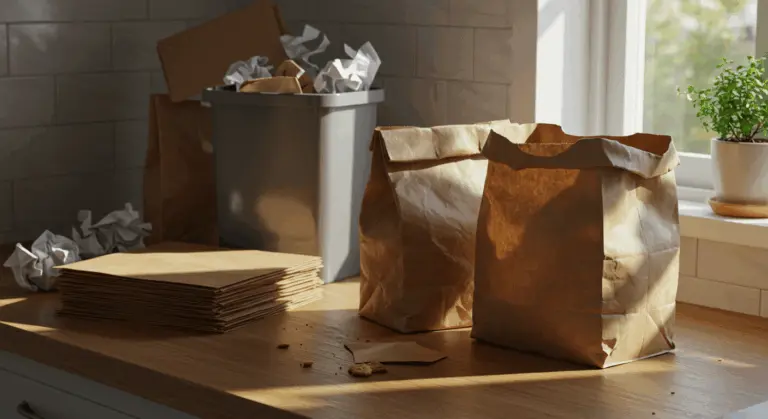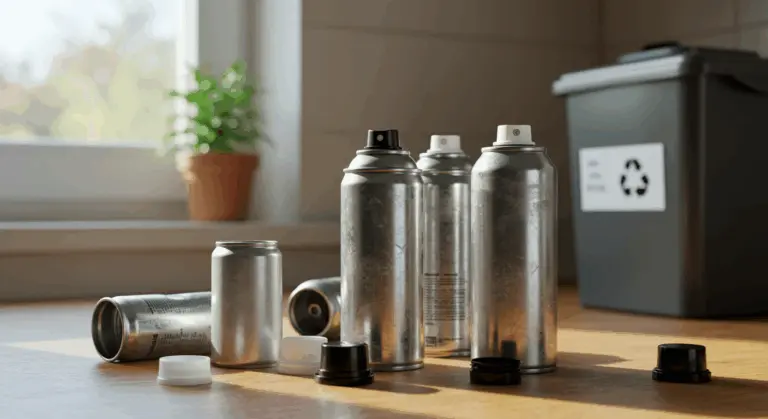How to Create a Homemade Pond Aerator Without Electricity
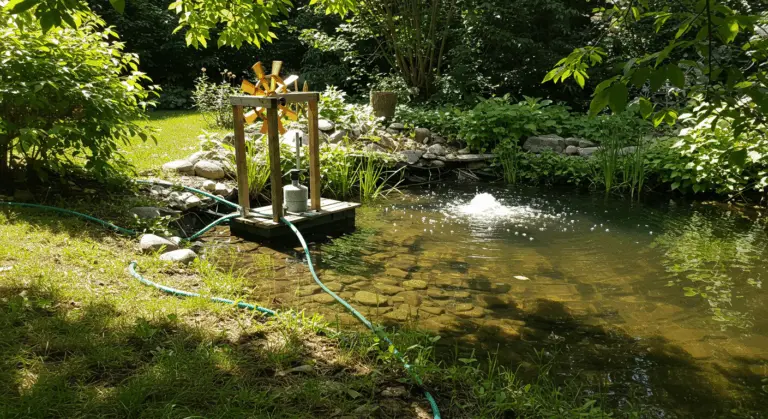
Maintaining healthy oxygen levels in a backyard pond can be achieved without electricity or costly equipment. With simple materials and natural principles, you can create effective aerators that maintain water circulation and support healthy fish. From solar-powered options that harness sunlight to wind-driven systems that work day and night, non-electric aeration methods provide sustainable options for pond owners in remote locations or those looking to reduce utility costs.



